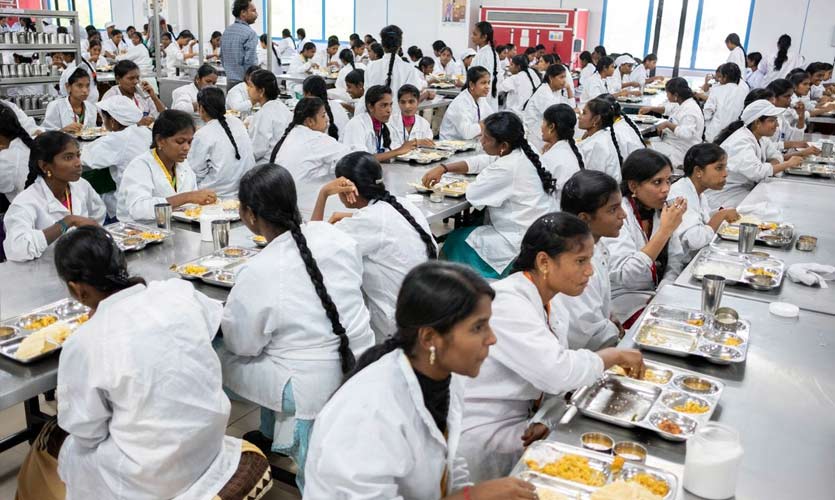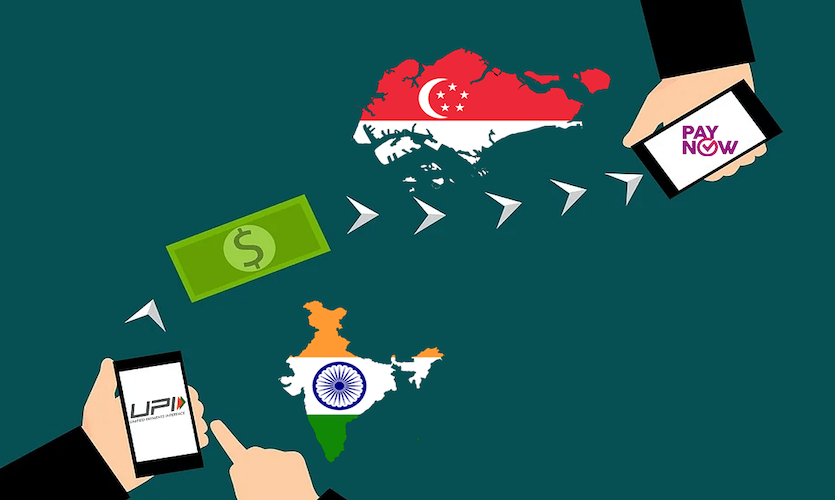Taiwan’s tech giants had decided to set up businesses in India in 2019 as a way of increasing supply chain options amidst the ongoing trade war between the US and China. However, since 2020, the decision to shift shop has proven to be a major culture shock that could impact the bottom line of these tech giants. As per an analysis by Bloomberg, Taiwanese tech giants have found themselves in a fresh controversy. Apple’s supplier Foxconn Technology Group is currently facing workers rebuke after a series of protests arose in the factory near Tamil Nadu’s Sriperumbudur over unsanitary food safety and accomodation. An NDTV report in December 2021 stated that 250 women working at the Foxconn factory near Chennai were treated for food poisoning, 159 of whom were hospitalised. The factory employs close to 17,000 people to manufacture devices that include smartphones and computers. To assess the situation, Apple sent out auditors and found that not only did food sanitation fail to meet expectations, employee dormitories were also not upto standards.
An Apple spokesperson said, “We hold our suppliers accountable to the highest standards in the industry and regularly conduct assessments to ensure compliance.” Foxconn said, “We are very sorry for the issue our employees experienced and are taking immediate steps to enhance the facilities and services we provide at the remote dormitory accommodations.” It further added that all employees will continue to be paid while improvements are made before restarting operations. “Foxconn’s Sriperumbudur facility has been placed on probation and we will ensure our strict standards are met before the facility reopens. We will continue to monitor conditions closely,” said the Apple spokesperson.
History Repeats For Taiwanese Tech Giants
Apple Inc. supplier Wistron Corp. has been through a similar uprising in India in the past. Wistron Corp was going through a rapid expansion in 2020, however, as per The Print’s report, it stretched the company’s resources and the management team was unable to deal with the growing number of workers’ grievances. The number of employees surged to about 9000 in November 2020 from 2000 during the pre-pandemic period, according to sources. The company’s human resource team, which as per the report consisted of only three people, faced irregular attendance records as well as delayed wages and overtime pay. This led to a riot in December 2020.
Bloomberg’s analysis states that despite the apology from Foxconn’s side and promise of local management restructuring, there is an evident gap wherein the Taiwanese tech management have failed to abide by the work culture in the Indian market. Taiwan’s major companies like Foxconn, Wistron, Pegatron Corp. and Quanta Computer Inc.’s manufacturing divisions in China have dominated the global electronic markets. Their success in China is largely to do with the benefits of common language and pro-business policies by the Chinese government that helped in the expansion of factories and workforce. However, in an attempt to break free from the Chinese comfort zone, the recent shift to the next largest country, i.e. India has not been easy.
Cultural Barriers Still Intact
The cultural differences, language barriers and political systems have left the tech giants from Taiwan struggling to adapt. The Bloomberg report goes on to state that India currently lacks the infrastructure these companies are accustomed to from when Foxconn founder Terry Gou would play local governments in China against each other in order to set up the iPhone factory. He was able to secure commitments to provide workers’ accommodation and the numerous other support services for the massive manufacturing operation.
Whereas in the Wistron scenario, local Chinese contractors can be partially blamed for the wage payment problems. However, management themselves had failed to ensure compliance and monitor its suppliers. This does not imply that Chinese workers are more compliant than their Indian counterparts. The 2012 riot at the Foxconn plant in China is evidence of why that conclusion would be incorrect. However, the Taiwanese management has found that local Chinese governments have often put the company’s interest above its workers. This is less likely in a country like India where politicians need voters’ support during election time.
Read more: Zee And Sony Merger Deal Inked Despite Invesco Dissent
Change in management style is the biggest challenge these businesses face if they hope to achieve success in running their operations in India. With the Foxconn factory still on probation by Apple Inc. and no longer expected to reopen until January 7, 2022, it is clear that executives need to rely on India’s local leaders to run operations. This would involve offering culture training and support to help integrate the rigid Taiwanese approach to operations with a relaxed worker centric culture in India.
Taiwan’s manufacturing journey in India has been difficult with the added issue of complicated bilateral relations between India and China. India was slow in issuing visas and employment permits for Chinese engineers who were crucial in the Taiwanese tech factories in Feburary 2021. With growing pressure from Western clients to reduce manufacturing reliance on China, Taiwan’s firms had to acclimate to the sudden change faster. Unfortunately, manufacturers were not provided with the luxury of time when trying to weaken Beijing’s global hold on production.









